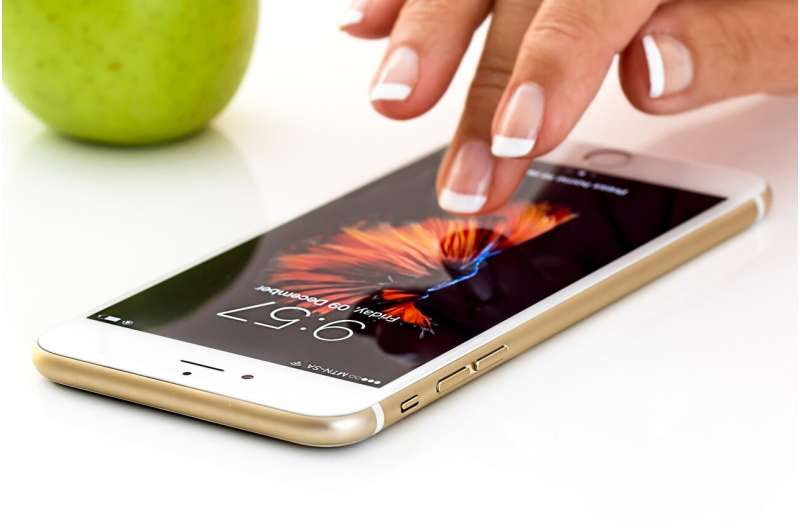
Anurag Reddy Published on: 27 Dec 2024, 2:15 am
Collected at: https://www.analyticsinsight.net/artificial-intelligence/how-ai-has-transformed-smartphone-market-globally-but-are-we-ready
How AI Has Transformed the Global Smartphone Market
With over 6.6 billion smartphone users worldwide, almost 83% of the global population, the impact of artificial intelligence (AI) on mobile devices has been massive. Since its introduction, AI has elevated smartphones to a new level of personalization, efficiency, and functionality.
As AI technology continues to advance, smartphones are becoming intelligent tools that use machine learning, natural language processing, and neural networks to help us in everyday life with unprecedented ease and convenience.
Improved Camera Quality
The most prominent difference AI has made to smartphones is in photography. AI cameras can identify scenes, objects, and even faces. So, they automatically adjust brightness, contrast, and focus. Portrait mode, night photography, and real-time editing are all due to AI algorithms. All these changes have enabled even amateur photographers to click professional-grade photographs with minimal effort.
For example, AI enables cameras to automatically detect and adjust for landscapes, food, or low-light environments. This is now a sales pitch for many smartphone brands, as they appeal to users who prioritize excellent photography in their devices.
Smarter Voice Assistants
Virtual assistants, like Google Assistant, Siri, and Alexa, have totally changed the way people relate to their smartphones. AI helpers can understand everyday language, answer questions, even guess what the user might want based on their actions, remind users about events, provide weather updates, and control smart home devices.
They learn from what their users do and are very helpful in getting things done and making life easier. They can look at how someone uses things to give personal suggestions, like recommending an app or reminding someone about an event. Thus, such interaction between humans and technology has bridged the divide between humans and technology, as smartphones have emerged as the most indispensable day-to-day companion.
Smart Battery Management
The battery’s life has always been one of the concerns of smartphone users. AI has challenged this by introducing intelligent battery management systems that analyze user habits and make efficient power allocation, giving priority to frequently used applications and functions over background activities.
For example, it will understand when to charge the user’s device, adapting to use more power during such time. This would be proactive, ensuring longer use and improving user experience. Many high-end smartphones currently integrate AI battery optimization by default.
Another field where AI has revolutionized things is personalization. With AI, smartphones learn to change according to the user’s preference and give them a different experience each time. Examples include predictive text, app suggestions, and even adjusting the smartphone’s brightness.
The other feature of AI-based apps is to monitor usage patterns and make recommendations. For instance, in smartphones, streaming applications use AI to develop content recommendations based on the history of what one views. This personalization will ensure that the user gets maximum benefits from the device.
Advance Security Features
Concern for security in the smartphone industry has increased dramatically, and AI has responded to this need. The new feature of facial recognition and fingerprint scanning through AI replaced the traditional password for unlocking devices, which was much more secure and convenient.
AI can detect suspicious actions, such as login attempts without a person’s permission or malware threats. Some smartphones have AI-based systems that help identify fraud so that sensitive information and financial transactions are kept safe. These developments have made users more confident about smartphone security.
Global Impact on the Market
It goes beyond single devices, as it has impacted the smartphone industry. It has influenced worldwide trends, making companies create the latest and most advanced technology. The need for AI features has made businesses spend more on research and development, which has resulted in more advanced devices being launched over time.
The Future
The future of AI in smartphones will likely witness explosive growth, with the global AI-powered mobile market projected to reach $125.4 billion by 2026, growing at a CAGR of 24.8%. As AI technology continues to advance, we can expect significant breakthroughs in augmented reality (AR), AI-driven gaming, and real-time language translation.
These innovations will redefine the mobile experience, offering users unparalleled convenience, personalized experiences, and enhanced security. As AI fine-tunes smartphone capabilities, it sets a new standard for the industry, driving novel ideas and transformative change. As this technology progresses, one thing is clear: AI will remain at the forefront of mobile innovation, changing the way we interact with our devices.

Leave a Reply